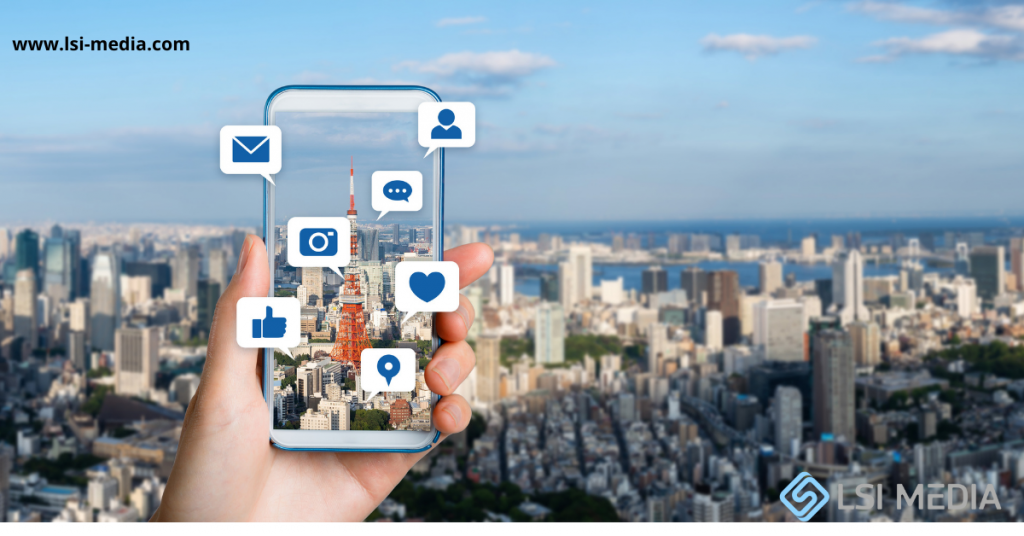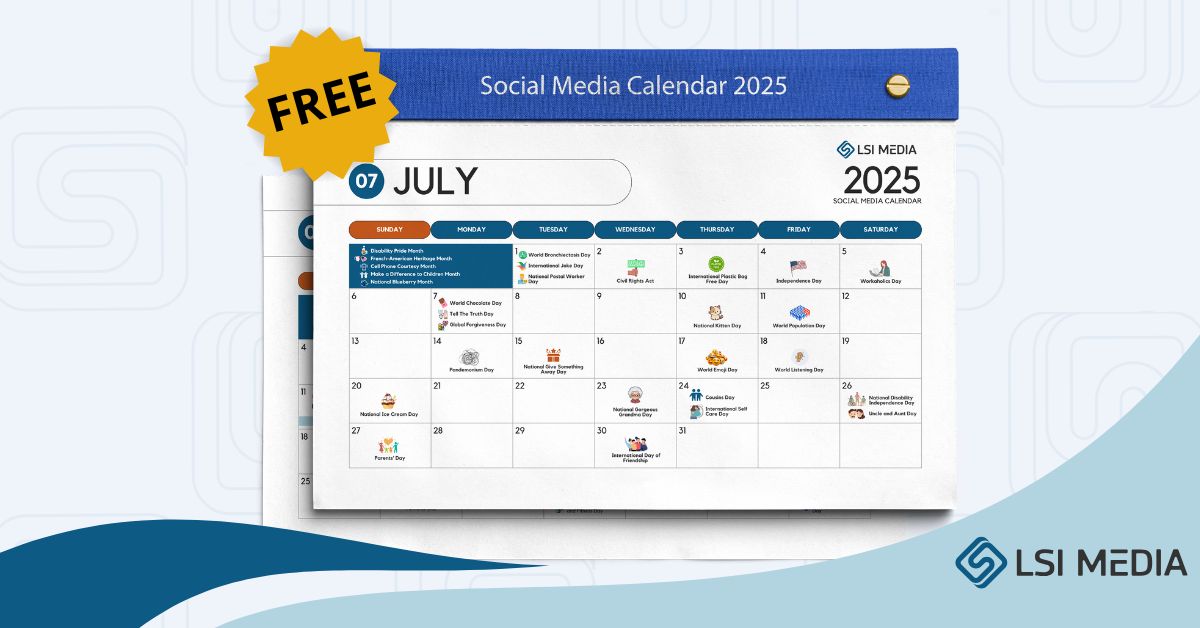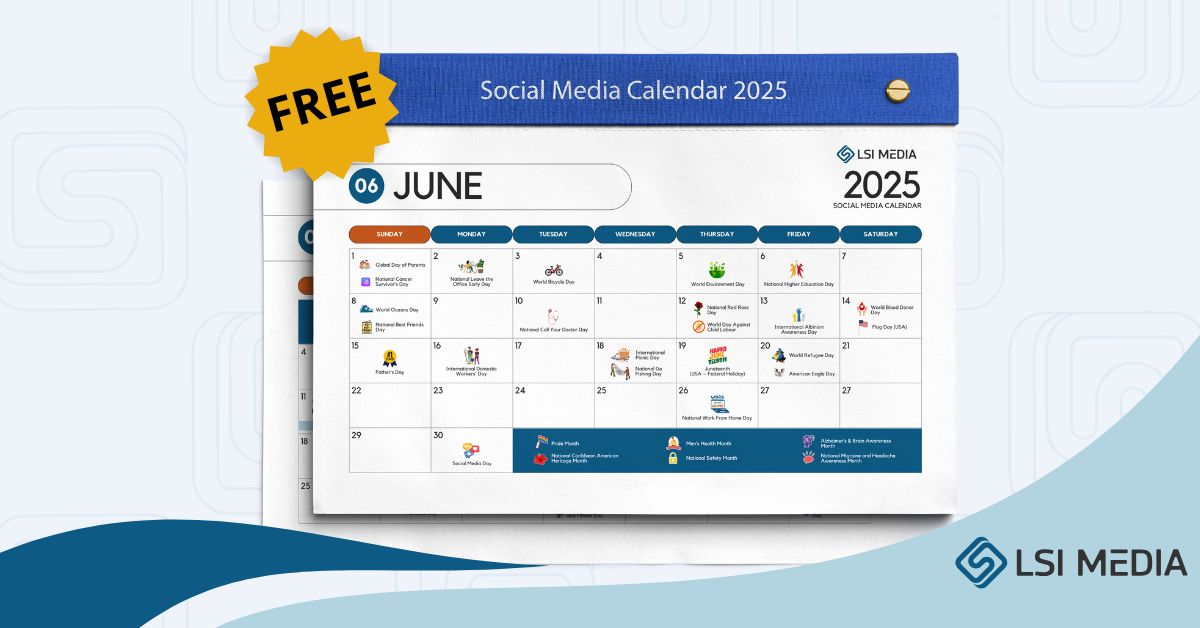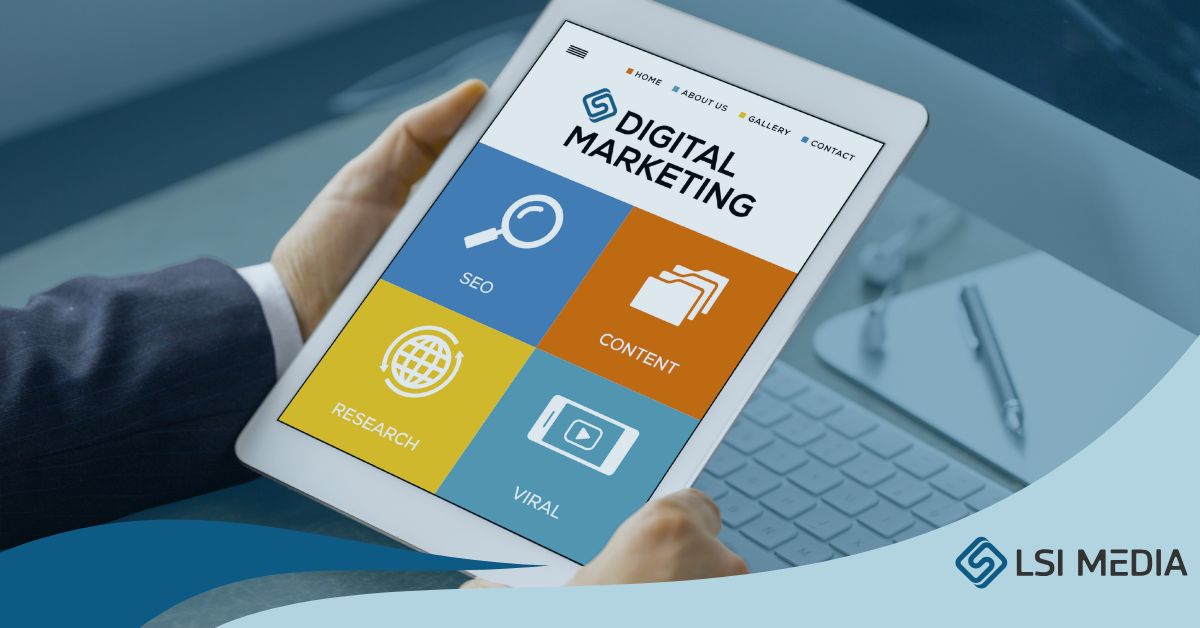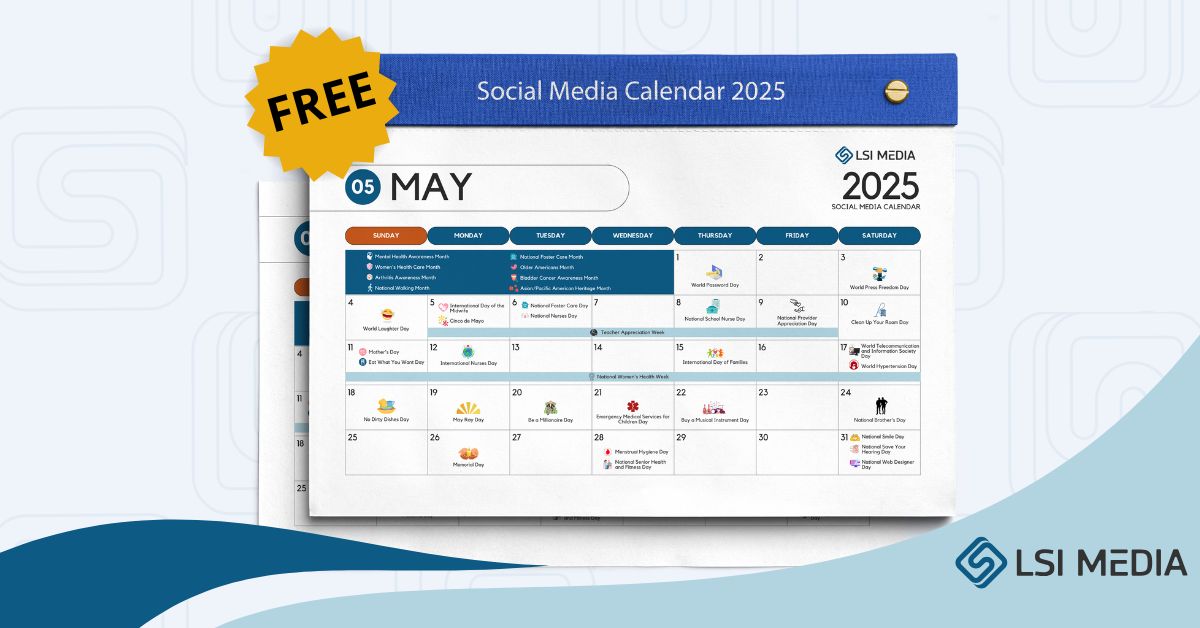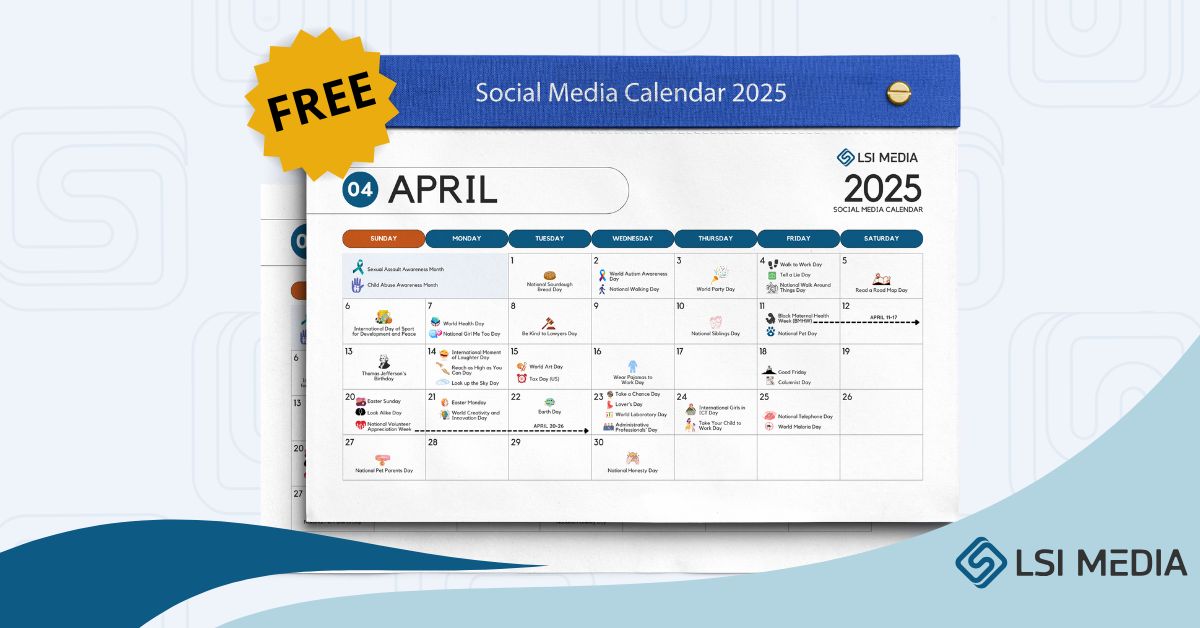[ez-toc]
Before the advent of social media, we had very few alternatives for engaging with others, and we were primarily restricted to those we knew in person or through friends. Communication and information travel at an increasing velocity, which seems to be making the world just a bit smaller each day. This transformation has shifted how the world communicates, particularly in today’s obsession with social media platforms.
It was common for older people to have to deal with things millennials don’t find appealing: having the parent of your significant other pick up the phone when you call, waiting for your letter in the mail, waiting a week for your pictures to be processed, etc. Around the world, the internet and social media have transformed the way people engage and communicate with one another.
The sheer number of people we can interact with at any given time is one of the most fundamental changes in the way we do business due to social media networks.
Because of social media networks, we can now communicate with thousands of people worldwide, which is why we see people who have thousands of Facebook friends or tens of thousands of Twitter followers, among other things. It would have been impossible to accomplish this without social media. Thanks to social media networks, we can now share our thoughts with a much bigger audience.
When we speak, we no longer employ a filter, which is a major improvement. Until recently, the only way to get your message out was to speak directly to people, regardless of whether or not you were exercising your First Amendment right to freedom of expression. We can now reach out to thousands, if not millions, of people through social media without worrying about being monitored.
The use of social media has changed our world in many ways.
Many websites and apps now allow people to connect and share their thoughts, emotions, and experiences, making social media a significant aspect of many people’s lives today. True, it has acted as a source of entertainment and shopping for many people, and many businesses have discovered that it is an excellent form of promotion and marketing for them. At this point, it appears that people are unable to function without social media.
Apart from its advantages, social media has many disadvantages that have had a negative impact on our lives and are still having an impact today. Serious mental health disorders, low self-esteem issues, and addiction are all possible outcomes of this type of situation.
Social media does not make us more individualistic.
The world is changing as a result of the Internet and social media. However, contrary to popular opinion, social media does not always lead to an increase in individualism and narcissism on our part. Individual-based social networking has exceeded more traditional human connections, according to some estimates, in terms of growth. According to the findings of the study, social media was found to be used to consolidate traditional groupings such as family, castes, and tribes, mending the ruptures produced by migration and mobility in some circumstances.
Social media play an important role in education.
Young people who spend too much time on social media may find it difficult to concentrate on academics. Still, the researchers revealed that many schools around the world recognize that social media may help informal learning and, in some circumstances, serve as a primary source of instruction. Meantime, social media may also assists low-income families with children who have limited educational options. It is reported that people in underdeveloped countries are receiving good education primarily through YouTube videos, according to the survey.
There are different messages to be conveyed by selfies around the world.
Self-portraits taken with a smartphone has grown to be connected with a sense of self-obsession. However, the analysis reveals a much more variegated picture of selfies taken for a variety of reasons.
There are three different selfie styles to choose from in England.
People in northern Chile have created a unique selfie: the “footie,” which depicts a person’s feet relaxing while watching television. Teenage girls in Italy will take hundreds of photographs and change their make-up and costumes multiple times before settling on the perfect selfie.
Online equality does not mean equality offline.
Even if social media has made it easier for previously excluded communities to engage with one another, it may have had no overall impact on offline social inequality or oppression. One case study from China revealed how social media might be used to put people in their place in an effective manner subtly. There are numerous game-like features available on many Chinese social media sites, which encourage users to gain points and display their achievements, often dependent on their level of participation on the network.
Due to the fact that poverty limits the number of time people may spend online, it becomes more difficult for them to raise the rankings, resulting in new types of online inequality. According to the study’s findings, people in different cultures are more inclined to associate with their “caste” than they are to create connections based on their social status.
Social media is made by its users, not by its creators.
In a recent podcast, Tom Webster and I explored how users, rather than the company, were responsible for nearly all of Twitter’s most useful features. According to the study, people all over the world came up with a plethora of innovative new uses for free social networking capabilities. The fundamental building blocks of social media are being used to solve a number of problems in countries that are still developing their business and communication infrastructure.
The public conservatively uses social media.
In contrast to the fact that many research communities do not include political or religious commentary, social media sites like Facebook tend to have a conservative influence. On the other hand, a more private social media platform, such as WhatsApp, could potentially be used to promote (sometimes severe) societal change.
The gaze of other members of a person’s caste and monitoring by relatives and individuals determines the type of content shared on social media in India. A shoddy job might disgrace the entire caste, which is a key social unit in Hindu society.
Now, we communicate through photos.
In the age of social media, human communication has shifted away from written text and spoken word. These days, a photo or an emoji may serve as the central focus of a conversation. This will benefit people who are doubtful of their communication abilities because we can now communicate through photographs and visuals. Visual communication technology makes daily intimacy between family members who are separated by long miles easier.
Social media does not create a more homogenous world.
One of the most important discoveries of the research is that, rather than breaking down international borders, people all around the world are discovering ways to use social media to achieve local objectives. Social media provides a new means of expressing cultural diversity worldwide rather than being a technology that has made the world more homogeneous. People in different parts of the world may utilize separate local or regional platforms and their own online “dialects,” dividing them and keeping them apart rather than uniting them and bringing them together.
Social media is the best way to promote personal commerce.
WhatsApp is a popular tool used by Brazilians to sell stuff to their friends and families. There is a substantial amount of new entrepreneurial activity in India concentrated on people’s online social networks, which is expected to continue in the coming years. The majority of firms make an effort to be visible on social media, but those who rely on human connections find it the most advantageous. Even in the United States, we are witnessing a boom of online training and selling models, which is good.
Social media have created group communication.
The world is changing as a result of social media platforms. When it comes to the world of communications back in the day before social media, the vast majority of it was either private and one-to-one (via letters or the telephone) or public broadcasting (through television) (radio, TV, newspapers). On the other hand, Facebook, Twitter, and Instagram are mostly focused on groups, and they allow us to scale different audience sizes and levels of anonymity as needed. Despite the fact that we take “group communication” for granted nowadays, it is a relatively new connotation of social media. Think about it: one of the most significant implications of the social media era is the ease of interacting and collaborating.
A large part of our lives is spent on social media.
Social media is more than just a tool for communication and pleasure. It has now been transformed into a virtual “home.” Some people who live separate from their family may choose to make this their primary abode, and it may become the place where they spend most of their free time. When long distance before separated people, they can now create the illusion that they are in the same house using technology.
Gender relations can be profoundly affected by social media.
Social media has had a huge cultural impact on gender relations, particularly in more traditional countries. True, it has enabled young women and men to develop persistent and direct contact with one another due to the Internet. It is occasionally necessary to use bogus accounts to accomplish this, which is a vital component.
Relationships and conversations take place in multiple media.
Managing their relationships and publishing genres on a multitude of platforms is now standard practice for the majority of people. People are increasingly being evaluated based on their choice of media or platform, which has elevated this to the level of social and moral concern. According to the experts, this is referred to as “polymedia.”
The story of a young Turkish woman who describes how she can access music, art, and literature that would otherwise be unavailable to her in a typical context is told through a compelling case study. She hides behind a nickname to avoid being recognized, but she regrets that she may never become well-known for her singing as a result of the necessity of using an alias.
We have turned memes into our moral police.
The Internet is full of memes, ranging from serious issues, such as religious messages, to funny parodies and jokes. Memes can be found all around the world. When one’s set of values is promoted, memes are frequently used to criticize another set of ideals. The use of memes is popular among those who are shy to express their ideas and opinions. To portray difficult emotions such as love in various cultures, memes, inspiring slogans, and photos are used with other media. Funny memes provide a way out of difficult or dangerous situations around the world.
Although social media can threaten privacy, it can also protect it.
There is considerable worry in most parts of the world about social media’s harm to personal privacy. The prospect of an outsider peering into your home causes a great deal of concern. Thanks to social media, the notion that a home is a safe and secure sanctuary has been dispelled. On the other hand, social media can provide a taste of privacy to individuals who have never had the opportunity to enjoy it.
Throughout East and South Asia, some of the world’s most populous regions live in packed, extended family environments with limited opportunity for personal solitude. If they have never been in a private relationship before, social networking may be their first interaction with one. In addition, with social media, people can interact with and chat with strangers, which was previously difficult or impossible to do. According to one case study, women in India like the opportunities for socializing on social media that are not mediated by the male gaze.
Is social media changing the way we interact?
If you want to learn more about someone, a Facebook post or a face-to-face discussion are the best modes of communication to use. Having a face-to-face conversation with someone allows us to connect on a deeper, more meaningful level. However, statistics show that we are growing more dependent on social networking platforms. Despite the fact that social media is a convenient way to interact, the quality of the connection degrades as a result of this convenience.
Almost two-thirds of adults in the United States admit to using social media to stay in touch with friends and loved ones. Our ability to have meaningful interactions with other individuals has been affected as a result of its rise to prominence. It has become increasingly difficult for many people to participate in traditional talks since our social skills have been so finely tuned.
We were limited in our ability to connect with people and the number of people we could reach prior to the advent of social media. We relied on phone discussions and face-to-face encounters to help us improve our working ties. On the plus side, current technology provides you with an almost limitless amount of options for connecting. We are also able to contact a larger number of people than we have ever been able to. The disadvantage is that our communication methods have changed over time, making creating meaningful connections with others more difficult.
Millennials prefer to connect digitally rather than in person, according to one survey. While this makes them more efficient communicators, it also causes them to be less effective communicators due to this. People’s interpersonal communication abilities are deteriorating as they become more reliant on digital communication channels. Whenever we converse with other people, our desire for short morsels of information takes precedence over our ability to articulate our thoughts and ideas clearly and concisely.
Information Binge
As an example, think about how often you check your phone and social media for new information. Our “fear of missing out” has produced destructive practices that have rewired how we connect in social situations. Numerous studies have found that the growth in Attention Deficit Hyperactivity Disorder (ADHD) is directly related to excessive social media use.
Our brain is easily distracted by the constant demands on our attention that social media presents. Heavy digital media users were twice as likely as their peers to develop attention deficit hyperactivity disorder (ADHD). The inability to concentrate was attributed to the constant barrage of information they were exposed to throughout the day. As a result, we are compelled to process information more quickly and seek out more digital input than ever before. The more we accumulate, the more we desire to be satisfied with our possessions.
Social Etiquette
Social media has also posed a threat to our traditional modes of communication. Our desire for efficiency has surpassed the potential negative consequences of digital communication in our lives. People say whatever comes to mind without considering how the listener will perceive their tone and aim.
We tend to lose sight of the fact that there is another person on the other side of the computer screen. The final consequence has been more misunderstanding and miscommunication, which has put our relationships in peril. The length of comments on Twitter and text messaging is limited to one or two sentences. Technology has assisted us in making messages more concise and clear, but at the expense of the quality of our communication as a result. Abbreviations and acronyms have become commonplace, and poor grammar has become the accepted standard of communication.
Boredom during conversation
People have grown increasingly reliant on their electronic devices for survival. An alarming 62 percent of those polled admit to using digital devices while socializing. They are most likely completely ignorant that the quality of their talk and their ability to participate meaningfully is being compromised due to their actions.
One study looked into the impact of mobile devices on the quality of face-to-face social interactions. Those held without digital devices were found to be much more effective than conversations held with the use of technology. People who engage in non-device-mediated conversations were also better listeners and more empathetic toward those who spoke. Another study discovered that technology affects intimacy, conversation quality, and connection, particularly when discussing more significant themes.
How does social media connect the world?
According to a well-known online dictionary, social media refers to “web sites and other online means of communication that large groups of individuals use to share information and establish social and professional contacts.” Blogs, Twitter, Facebook, and Google Plus, are just a few of the platforms people use to stay connected with their online networks. Using social media can be approached in various ways, and there are many different options available. We relied solely on our laptops to access social networking sites for a long time, but that has since changed.
We started working on making social networking more portable and accessible than it had ever been shortly after Facebook superseded mySpace as the most popular social media site on the planet. Your profiles are now accessible on mobile devices such as cellphones, iPods, and tablets. It is one of the reasons that we cannot leave the house without our cellphones, MP3 players, and tablets, which allows us to use social media on the go at any time.
For many people, one of the major advantages of using social media is connecting with people all over the world at no additional expense. This will come in handy if you have friends who have travelled abroad in the past. Alternatively, you can write to them on Facebook or Twitter, and they will respond as soon as possible, regardless of where they are located. Even when communicating with people who live far away from you, social media can assist you in strengthening and maintaining personal ties.
If you have a family member travelling, you won’t have to wait for them to return before hearing about their adventures. Go on to Facebook and start chatting with others and exchanging images. The ability to communicate with people in different nations swiftly and seamlessly is extremely beneficial for those who conduct business in other countries.
In order to quickly send your message to customers or clients all around the world, social media networks provide a low-cost and straightforward solution. You can send a private message, share something openly, and video chat all for free with others. Using social media for commercial purposes is both cost-effective and time-efficient. Keeping in touch with these folks is essential for developing your business relationship and ensuring the smooth operation of your organization.
The ability to stay on top of your social networks on your platforms is crucial to your professional development. You may use social networking sites to find jobs, inform your community about business opportunities and job vacancies, and even make money from your accounts. Building and maintaining a strong network will assist you in reaching professional success.
If you’re looking to expand your professional network, LinkedIn is a fantastic location to start your search. The site has been specifically designed to aid you in furthering your professional development. You’ll have access to a wealth of opportunities that were previously unavailable to you.
Being a regular social media user is an excellent way to broaden your horizons and learn new things. News organizations are always embracing social media to keep their readers up to date on the latest developments. The mechanism via which news is heard and disseminated is known as social media. According to this logic, keeping connected to social media is the same as remaining connected to one’s real-life activities.
Non-stop information sharing and dissemination are made possible by social media, which also serves as an excellent platform for learning about different people’s viewpoints on a variety of themes. In the case of a sports community, you will better understand the sports you like participating in. Politics, business, automobiles, family, education, and virtually any other topic can be the focal point of a community’s discussion. Communicating, connecting, and participating in ways you’ve never experienced before will be possible because of social media. You’ll be able to communicate with news organizations, family, and friends, as well as nearly anybody else you choose. Creating many social media profiles for yourself will make your life easier in the long run.
Bottomline
Everyone knows that the Internet has affected every aspect of our lives in some way. Today, we can safely say that the world is living in the Information Age. We have access to every piece of information around the world. And it is not just information but actual data and facts that are available at the touch of a button. This means that the way the world interacts with each other has changed drastically. The speed of communication on the internet has made it possible for people all over the world to connect with each ther at a rate never seen before.
Social media is taking over the way the world works today. People no longer feel that they have to justify their social behavior to others. In fact, they’re actively looking to social networking sites to provide validation of their behavior. They can express themselves in a way that wasn’t possible before. And, in doing so, they are helping themselves and the rest of the world. If you’ve only been using social media to reconnect with old friends, this is one good way to do that.
You might also join an online forum or discussion group that you’ve fallen in love with and start participating. The more you participate, the more comfortable you will feel with other people. One important thing to remember about social networking is that you shouldn’t take it too lightly. There are many people on these sites who are there for pure profit. They may use the sites as a way to get your personal information and then sell it to spam mailers. So, be careful who you give personal information to.
If you’re looking to use social media for business purposes, then it’s a good idea to become familiar with social networking etiquette first. This doesn’t mean that you need to spend all day researching etiquette for various social sites. Most of the etiquette comes down to common sense and keeping things interesting. Keep the topic of the post fresh and something that will interest your audience. Some of the best social networking sites out there for business right now are Facebook, Twitter, YouTube, MySpace, LinkedIn, and Google+.
All of these sites offer a way to connect with your audience. Many of these sites also offer additional advertising options, which can help you get your website and products in front of your target audience. If you’re looking for ways to connect with people from all over the world, social media might be the answer. Another thing that you need to be aware of is that your reputation on these sites can affect you in other areas.
If you have negative comments or postings, this can have a negative effect on your business. If you are unprofessional, this can put customers off. So, it’s important to keep your social media experience professional and clean at all times. As mentioned before, most social networking accounts allow you to customize what you want to share. This makes social media a great way to interact with your audience. It also gives you the chance to broadcast to your friends and family. So, be sure that you use this feature in the proper manner.
Social media has changed the way we connect with one another. In the past, it was very impersonal, and it took us for granted. Today, we are much more connected, and we take our online friends seriously. As such, how social media has changed the business world should be exciting news to you. It is definitely something worth learning more about.
FAQs:
1. What is social media?
Social media refers to websites and applications that enable users to create and share content or to participate in social networking. It allows people to connect and interact with each other virtually, regardless of their geographical location.
2. How has social media influenced global interaction?
Social media has had a significant impact on global interaction by breaking down communication barriers. It has made it easier for people from different parts of the world to connect, share ideas, and collaborate on various topics. Social media platforms provide a space for diverse voices to be heard and facilitate the exchange of information on an unprecedented scale.
3. In what ways has social media changed the way we communicate globally?
Social media has revolutionized global communication by enabling real-time interactions. It allows individuals, organizations, and governments to disseminate information quickly and efficiently, bypassing traditional media channels. Social media platforms also provide opportunities for virtual gatherings, discussions, and debates, further enhancing global communication.
4. What are some positive impacts of social media on global interaction?
Social media has fostered cross-cultural understanding and empathy by facilitating direct interactions between individuals from different backgrounds. It has also empowered marginalized communities and provided platforms for social activism, giving a voice to those who were previously unheard. Additionally, social media has played a crucial role in raising awareness about global issues and mobilizing support for important causes.
5. Are there any negative effects of social media on global interaction?
While social media has brought numerous benefits, it also has some negative impacts on global interaction. It can contribute to the spread of misinformation, the creation of echo chambers, and the polarization of views. It can also facilitate cyberbullying, online harassment, and invasion of privacy. It is important to use social media responsibly and critically evaluate the information we encounter.
6. How has social media affected global business interactions?
Social media has transformed global business interactions by providing new avenues for marketing, customer engagement, and relationship building. It has enabled businesses to reach a wider audience and target specific demographics more effectively. Social media platforms also facilitate direct conversations with customers, allowing businesses to receive feedback and respond in real time.











